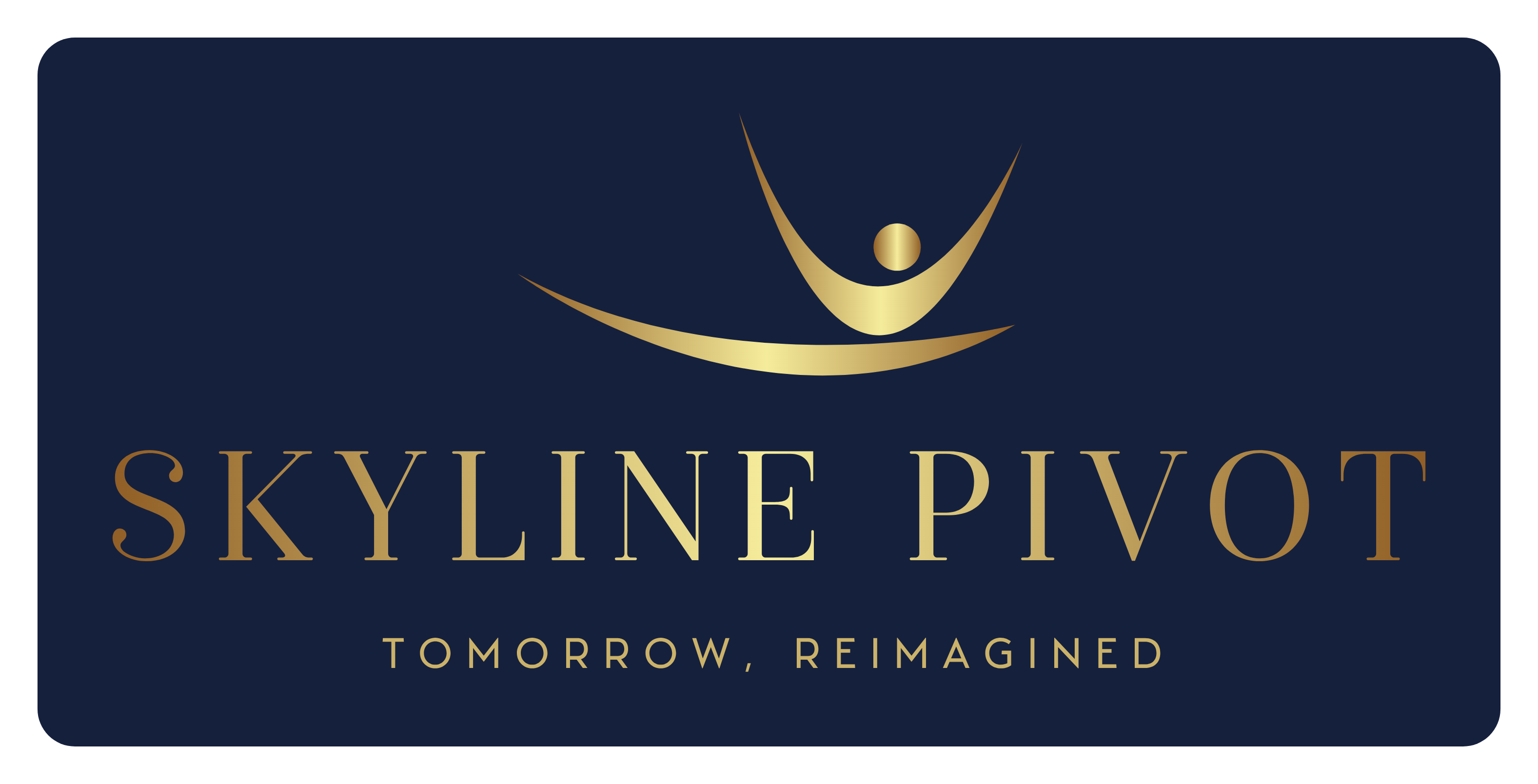What Is Wealth Really About?
What drives true wealth-building? Is it luck, opportunity, or relentless determination? The Psychology of Wealth reveals that wealth doesn’t begin in your bank account—it starts in your mind. Your thoughts, beliefs, and focus dictate the opportunities you seize, the risks you take, and the actions you execute.
But here’s the thing: Many of us are conditioned to chase the symbols of wealth—money, luxury, status—while neglecting the essence of it: freedom, influence, and control over your destiny. Ready to master the psychology of wealth and shift your mindset toward financial independence? Let’s dive in.

How The Psychology of Wealth Leverages Concentration for Success
When you understand The Psychology of Wealth, concentration transforms scattered energy into a powerful force.
What if I told you the ability to concentrate your thoughts is the secret weapon for creating wealth? Concentration isn’t just about focus; it’s about eliminating mental clutter and directing all your energy toward a singular goal. When you master concentration, you transform scattered efforts into laser-focused actions that yield exponential results.
The legendary Warren Buffett once said, “The difference between successful people and very successful people is that very successful people say no to almost everything.” Why? Because saying no allows them to concentrate fully on their highest priorities.
Actionable Insight: Identify your top three financial goals right now. Write them down and eliminate one that doesn’t align with your vision. Use your freed-up energy to go all in on the remaining two.
Challenge: For the next seven days, practice saying no to distractions that don’t serve your financial goals. Whether it’s unnecessary meetings, social media scrolling, or impulse purchases, create a habit of intentional focus.

The Subconscious Mind—Your Silent Wealth Builder
Your subconscious mind is like the captain of a ship—it directs where you’re headed, even if you don’t realize it. Every thought you feed it, positive or negative, shapes your reality. If you believe wealth is unattainable, your subconscious will guide you toward actions that reinforce that belief. But if you see wealth as an achievable goal, your subconscious will lead you to opportunities you might otherwise overlook.
Morgan Housel, in The Psychology of Money, emphasizes that financial success is less about intelligence and more about behavior. The right mindset and habits often matter more than strategies or technical know-how.
Pro Tip: Start every morning with a wealth-building affirmation. Example: “Opportunities to grow my wealth are all around me, and I am prepared to seize them.”
Practical Step: Spend five minutes visualizing your financial goals. Imagine what your life looks like after achieving them. The more vividly you see it, the stronger the connection your subconscious will create between your current actions and future success.
The Psychology of Wealth: Real Freedom vs. Chasing Symbols
Many chase symbols of wealth, but The Psychology of Wealth emphasizes building the foundations of true financial freedom—control, security, and legacy.
Are you working for validation or true financial freedom? The pursuit of wealth often gets distorted by society’s obsession with symbols—luxury cars, designer brands, corner offices. But symbols are just the byproduct of wealth, not its source. Chasing them without understanding their meaning can leave you stuck in a cycle of debt and disappointment.
Wealth is what you don’t see. True wealth isn’t the flashy car someone drives—it’s the financial security that allows them to sleep well at night, the freedom to say no to things they don’t want, and the confidence to pursue what truly matters.
Reflective Question: Are you working to impress others, or are you working to create a life you control? Write down your honest answer and use it as a compass to realign your goals.
Action Step: Evaluate your spending habits. Are they focused on building wealth (investments, education, assets) or just displaying wealth (designer clothes, flashy gadgets)? Redirect even 10% of your spending toward long-term financial goals.
Intuition and Solitude—Finding Clarity Amid Chaos
Some of the greatest breakthroughs in wealth creation come from moments of stillness and introspection. Intuition—the ability to make decisions based on instinct and deep understanding—thrives in quiet reflection. Solitude allows you to disconnect from the noise of the world and reconnect with your inner wisdom.
When you take time to reflect, you’re not just solving problems—you’re recalibrating your direction. Morgan Housel highlights how patience and clarity often yield the most impactful financial decisions.
Pro Tip: Dedicate 10 minutes each day to silent reflection. Turn off your phone, find a quiet space, and let your thoughts flow freely. Ask yourself, “What is one action I can take today to move closer to my financial goals?”
Challenge: Spend one weekend without consuming financial news or social media. Use that time to journal about your long-term vision for wealth and success.

Transmuting Thought Into Wealth
Thoughts are powerful, but they only become transformative when they’re paired with action. This is where many people get stuck—they dream big but fail to execute. Wealthy individuals don’t stop at ideas; they turn their thoughts into systems, processes, and habits that produce results.
The importance of consistency. Small, deliberate actions repeated over time can lead to massive financial gains.
Practical Step: Break down your biggest financial goal into three actionable steps you can take this week. For example:
- Goal: Save $10,000 in a year.
- Steps:
- Open a high-yield savings account.
- Automate monthly deposits of $833.
- Reduce discretionary spending by $200 per month.

Key Reminder: Success isn’t built in a day. It’s the accumulation of disciplined actions over months, years, and decades.
Mindset Over Mechanics
Here’s the ultimate truth: Wealth is 80% mindset and 20% mechanics. You don’t need to know every detail about stocks, real estate, or entrepreneurship to succeed financially. What you need is the belief that you can achieve wealth, the discipline to act on that belief, and the patience to see it through.
As Housel reminds us, “Wealth is the ability to fully control your time.” It’s not about chasing a number; it’s about creating a life where you call the shots.
Closing Challenge: Write down three ways your mindset has held you back financially. Then, write three new beliefs that will empower you to move forward. For example:
- Old Belief: “I’ll never earn enough to invest.”
- New Belief: “Every dollar I save today is building my future wealth.”
The Road to Wealth—The Psychology of Wealth in Action
Now that you’ve explored The Psychology of Wealth, it’s time to take action. The Psychology of Wealth shows that wealth is more than a number—it’s a mindset and a system. By focusing on clarity, concentration, and consistent actions, you can create a financial future aligned with your goals.
Master Your Mindset, Master Your Money. It’s Your Move
The Psychology of Wealth teaches us that the journey to financial freedom starts with a decision. Will you take the first step today? Explore our resources, challenge your beliefs, and start building the wealth you deserve
Further Reading and Trusted Sources
We’ve curated a selection of insightful resources to complement your journey toward mastering wealth and mindset. Explore these trusted materials to expand your understanding and take your knowledge to the next level:
- Morgan Housel’s The Psychology of Money
Discover timeless lessons on wealth, greed, and happiness in this highly acclaimed book. Learn how emotions and decisions play a critical role in financial success. - FTC Consumer Advice on Building Financial Literacy
A comprehensive guide by the Federal Trade Commission covering essential topics like budgeting, debt management, and fraud prevention. - Visit Skyline Pivot’s Credit Elevated
Take control of your financial future with tools and insights designed to empower you. Start repairing your credit today, free of charge. - How to Build Wealth: “For actionable steps that complement The Psychology of Wealth, explore our comprehensive guide: How to Build Wealth


Leave a Reply to How to Build Wealth: The Blueprint for Financial Empowerment – Skyline Pivot Cancel reply